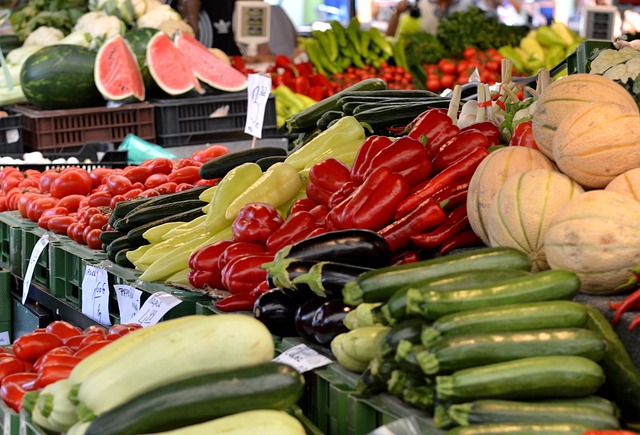Proper management of yard waste, including organic materials from gardens and food scraps, is crucial for minimizing environmental impact. Unmanaged waste causes water pollution and greenhouse gas emissions, exacerbating climate change. Implementing yard waste removal and recycling practices like composting and repurposing containers significantly reduces these negative effects, fostering sustainability and a cleaner environment. By identifying recyclable items, following local guidelines, and adopting simple practices like composting and upcycling, homeowners can actively contribute to eco-friendly initiatives and support a greener community.
Looking for an easier way to manage your residential yard waste? This comprehensive guide offers practical solutions for efficient disposal, helping you reduce environmental impact. We break down different types of yard waste and their effects, providing simple steps for effective management. Discover the benefits of recycling and upcycling, transforming common yard scraps into valuable resources. Learn how to implement these strategies for a greener, more sustainable home.
- Understanding Yard Waste: Types and Their Impact
- Simple Steps for Efficient Yard Waste Disposal
- Recycling and Upcycling: Transforming Yard Waste into Resources
Understanding Yard Waste: Types and Their Impact

Yard waste, a term that encompasses a variety of organic materials from residential gardens and landscapes, includes leaves, grass clippings, twigs, branches, and even food scraps. Properly managing this waste is essential not only for maintaining a clean and healthy living environment but also for minimizing its environmental impact.
Different types of yard waste have distinct effects on the ecosystem. Unmanaged organic debris can lead to water pollution as it decomposes, releasing harmful substances into aquatic environments. Moreover, yard waste contributes to greenhouse gas emissions when sent to landfills, exacerbating climate change. However, with efficient yard waste removal and recycling practices, residents can significantly reduce these adverse effects. Transforming yard waste into compost enriches soil fertility, while responsible recycling ensures materials like plastic pots and plant containers find new life, fostering a more sustainable lifestyle.
Simple Steps for Efficient Yard Waste Disposal

Keeping your residential yard tidy and minimizing waste disposal can be straightforward with a few simple steps. Firstly, start by identifying which items in your yard are recyclable or compostable. Yard waste removal doesn’t have to be complicated; separate organic materials like leaves, grass clippings, and food scraps for composting, reducing the overall volume of waste.
Additionally, familiarize yourself with local recycling guidelines. Many communities offer specific programs for yard waste disposal, ensuring that materials like plastic gardening pots, cardboard boxes from plants, and even old garden tools find new life through recycling or upcycling. This sustainable approach to yard waste management not only reduces environmental impact but also contributes to a greener community.
Recycling and Upcycling: Transforming Yard Waste into Resources

In the realm of residential yard waste disposal, recycling and upcycling emerge as powerful tools to reduce environmental impact. Transforming organic materials from nuisance to resource is a game-changer in sustainable living. By adopting simple practices, homeowners can contribute significantly to eco-friendly initiatives. Yard waste removal doesn’t have to mean sending everything to landfills; it’s about viewing these materials as potential resources for new products and solutions.
From lawn clippings and garden trimmings to fallen leaves and kitchen scraps, these organic byproducts can be recycled into valuable commodities. Composting, a popular method, turns yard waste into nutrient-rich soil amendments, benefiting local agriculture. Upcycling takes this a step further by repurposing items into something new. For instance, old wooden pallets can become garden beds or storage containers, while plastic bottles can transform into innovative outdoor decor. These practices not only reduce the volume of waste sent to landfills but also foster a circular economy where resources are continually refreshed and reused.
In conclusion, managing residential yard waste doesn’t have to be a daunting task. By understanding the types of yard waste and their environmental impact, followed by implementing simple disposal methods, and finally embracing recycling and upcycling practices, we can significantly reduce waste in our communities. Effective yard waste removal and recycling not only benefit the environment but also foster a more sustainable lifestyle for everyone.














